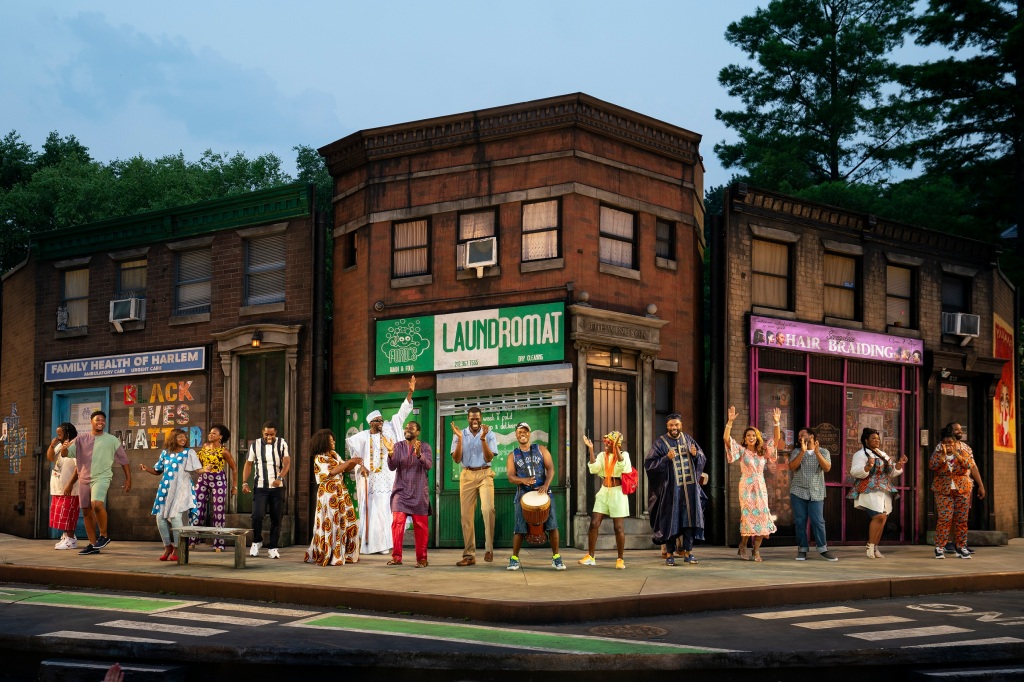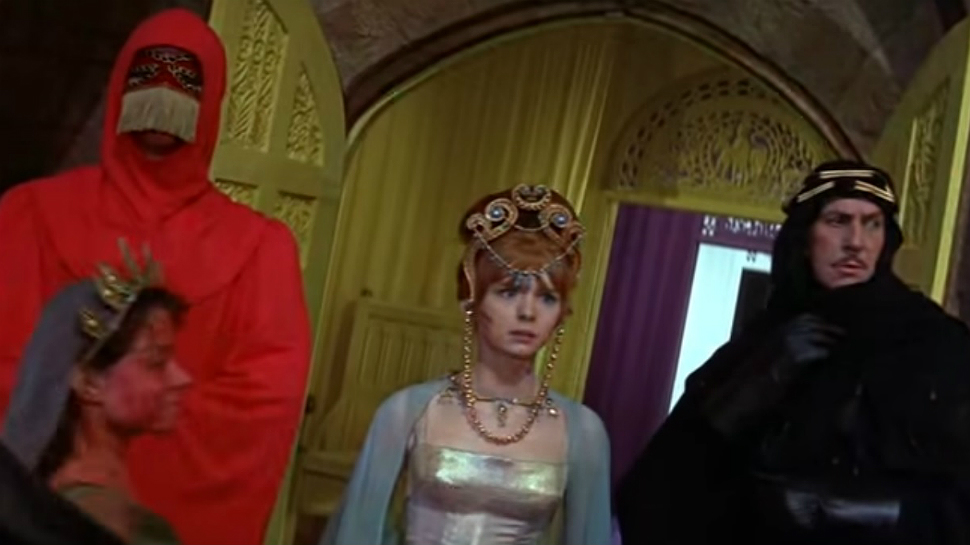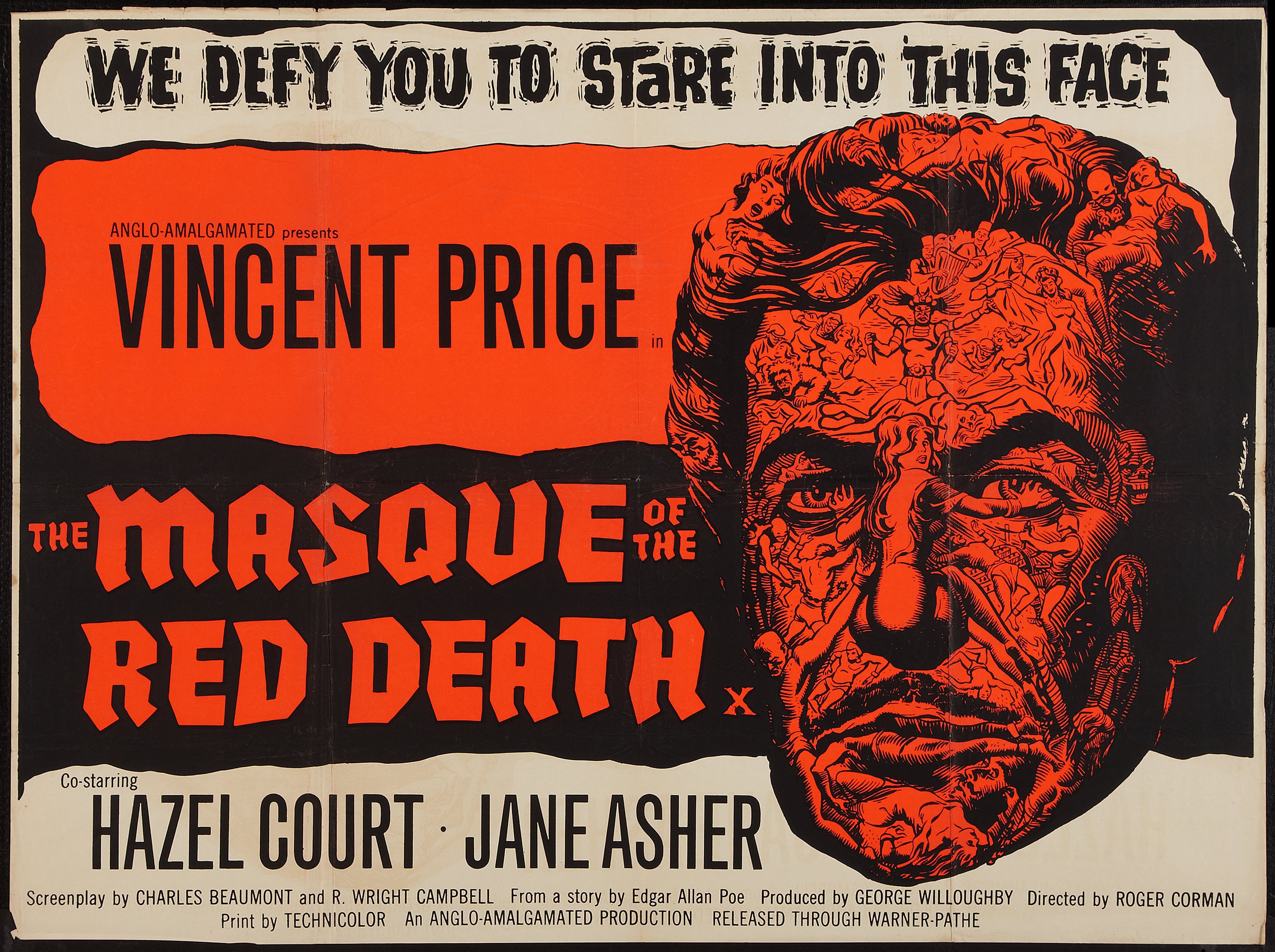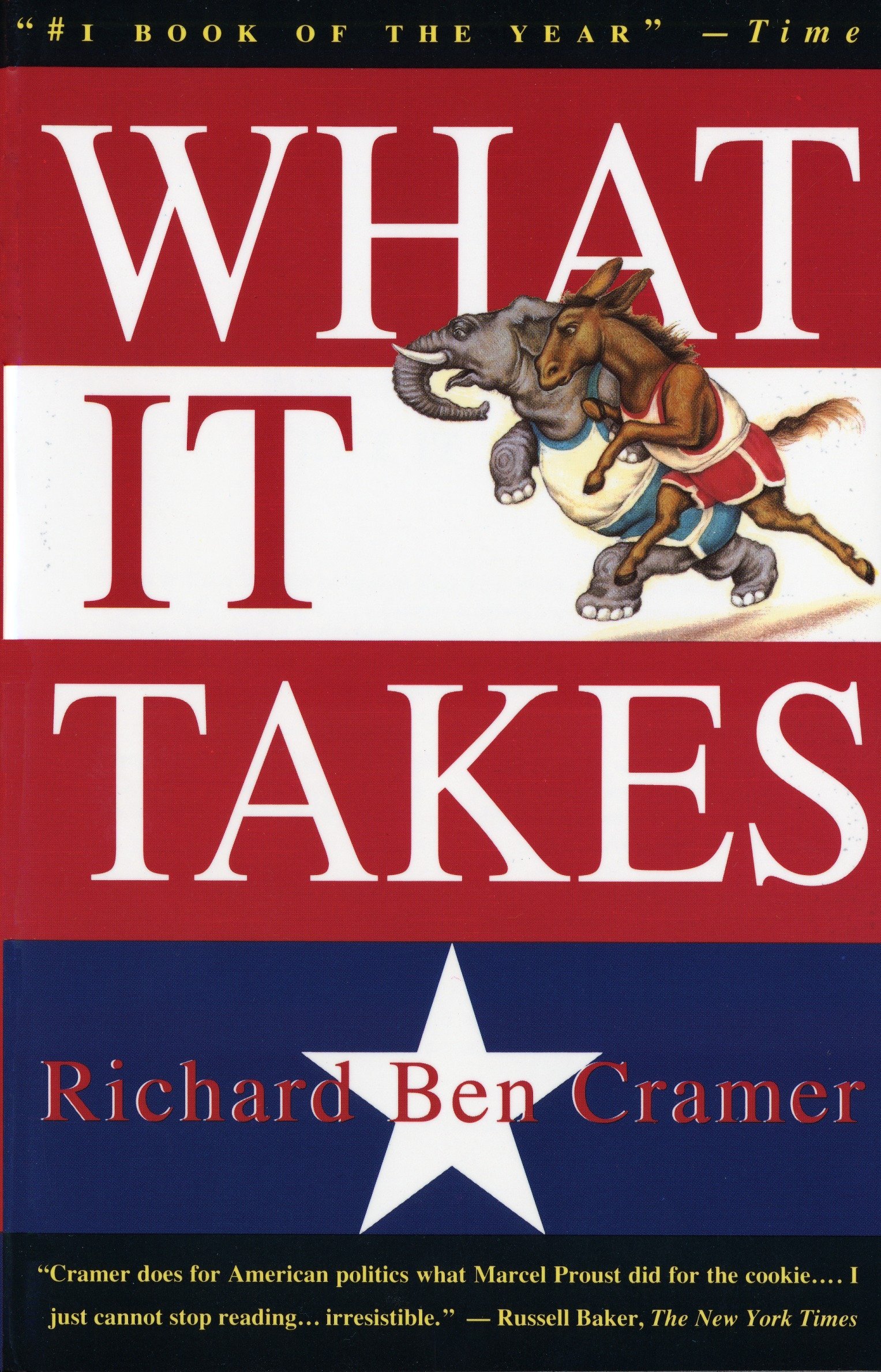
What is reality?
That used to be a perennial topic for the late-night college dorm, the philosophy class, and the readers of Philip K. Dick. But now it’s a serious existential question that we need to be able to answer, to coin a phrase, for real.
Our country is polarized partly because its sources of information are polarized. The level of mistrust that has been driven into the electorate, almost exclusively by the right wing, has even reached the spheres of science and academia. Whenever one chooses to deny the very nature of objectivity, “common sense” is useless.
I’ve never thought much of most vast-conspiracy theories. Not because so many are ludicrous, like the space lasers that intentionally started California’s recent forest fires (for what reason?), or the scientific cabal that has perpetrated a phony pandemic (for those sweet fat research grants, I guess). I’m a conspiracy skeptic because of simple human incompetence. Think about how many thousands of people it would take to fake a moon landing and keep the secret for decades; it just isn’t possible. Even when the paranoids turn out to be correct — Watergate, for instance — the conspiracy begins to break down the moment the first guy faces jail time.
But true-blue tinfoil-hatters are limitless in their unhinged creativity. Remember when the QAnon cultists gathered in Dallas early this month to await the reappearance of John F. Kennedy Jr.? After the deceased honoree failed to show, a group of them went to a Rolling Stones concert and decided that Keith Richards was actually JFK Jr., that Michael Jackson had taken over Mick Jagger’s body, and that Elvis was playing keyboards in a mask. Some of them stuck around Dallas for the Kennedy assassination anniversary and were disappointed yet again.
It’s possible, even likely, that somebody is amusing himself by deliberately making fools of these people. But even the craziest notion finds takers these days. People like this cannot be reasoned with because they live outside the bounds of empirical reality. And after four chaotic years of Pavlovian training under the previous president, it’s hard to blame them.
The loser of the 2020 presidential election has a simple playbook: repeat a falsehood often enough and some people will believe it. In fact, it turns out to be many people. His current chart-topper, very popular with his base, is that the election was somehow stolen from him. Two-thirds of Republicans believe him, according to a recent poll. We shouldn’t be surprised. Hillary Clinton warned us this would happen during a debate on October 19, 2016:
You know, every time Donald thinks things are not going in his direction, he claims whatever it is, is rigged against him. The FBI conducted a year-long investigation into my e-mails. They concluded there was no case; he said the FBI was rigged. He lost the Iowa caucus. He lost the Wisconsin primary. He said the Republican primary was rigged against him. Then Trump University gets sued for fraud and racketeering; he claims the court system and the federal judge is rigged against him. There was even a time when he didn’t get an Emmy for his TV program three years in a row and he started tweeting that the Emmys were rigged against him.
TRUMP: Should have gotten it.
(LAUGHTER)
CLINTON: This is — this is a mindset. This is how Donald thinks. And it’s funny, but it’s also really troubling.
Just to make sure you heard that right, the golf cheater said this to a rally crowd the next day: “I would like to promise and pledge to all of my voters and supporters and to all of the people of the United States that I will totally accept the results of this great and historic presidential election — if I win.” (P.S.: Of course, he broke that promise and pledge. Disturbed by the manhood-threatening fact that he lost the popular vote, the orange sociopath continued to allege voter fraud for his entire term in office — in an election, mind you, that he won.)
It’s one thing to tell a lie, to repeat it. But now even an easily debunkable falsehood finds purchase among the increasingly batty right-wing base. It doesn’t have to make sense. It just has to bother the liberals. This sector of the electorate is nourished by a media ecosystem so strident that Fox News feels soft by comparison. You may not know what One America Network is, but fans of the chicken-bucket lover sure do.
We seem to have separated into not disagreeing but warring camps. The opposition is no longer loyal. The divide isn’t just Democrat (we want to govern and we want everyone to vote) vs. Republican (we want to provoke our followers and we want fewer people to vote). Not just urban (we pack many cultures together) vs. rural (we live among people like ourselves) or rich (cut my taxes) vs. working class (help me take care of my family with dignity). I think the main cultural delimiter these days, America’s Sorting Hat for the twenty-twenties, might be the quality of education.
I’m not necessarily talking about whether or not you have a college degree: there are sound arguments to be made that its benefits may not outweigh the sickening tuition debt many graduates will have to carry (though college towns do tend to be “blue” in every single state). More important is something that is taught even earlier in competent schools, and that is the ability to sort through competing ideas to arrive at the logical truth. A good school doesn’t teach you what to think, but how to think.
I made four or five attempts to read L. Ron Hubbard’s DIANETICS, just out of curiosity, before finally giving up. I can’t get fifty pages in before being bothered by a rhetorical device that’s hard to ignore. Hubbard tells the reader that one should always have a dictionary nearby when reading a book; that’s good advice. When he uses unfamiliar words, the author helpfully defines them in footnotes. It’s easier to depend on those footnotes than take the trouble to look up a word, so the dictionary gradually becomes unnecessary. Before long, Hubbard is defining words that he himself has coined, such as “engram,” making the dictionary irrelevant. By now all your information comes through the good offices of the gatekeeper, the author. You depend on him for everything.
It’s very similar with right-wing media, both social and electronic. I was at a friend’s house the day James Comey testified before Congress, and for fun we spent a couple hours that afternoon switching between Fox News and MSNBC. The progressive channel was far-ranging, but what really impressed us was the discipline of Fox. Comey was a liar and a traitor: the talking heads changed but the message did not. If you watched Fox News exclusively, that was what you took away. And the level of distrust in the media sown in the years of the serial philanderer has chased many right-wingers away from traditional information sources which, if ever they dare to criticize, are anointed “fake news.”
If all you hear from the media and your online friends is unanimity, if everyone you encounter feels as you do, it’s not much of a stretch to be convinced that the election actually was stolen. Everybody agrees! What’s missing is the desire, sometimes even the ability, to independently corroborate, to employ four simple words that you’ll never hear from the casino-running failure: I could be wrong. If you believe every reference except, say, Fox News is fake, then there’s nowhere else to go. You’re every bit as trapped as when you try to read DIANETICS.
I intended to use Pauline Kael as an example of living in such a bubble: she reportedly said she was mystified at Richard Nixon’s election, because she didn’t know anybody who voted for him. So I checked with some sources that I trust — as I had with the Hillary Clinton and champion liar quotes from 2016 — and was surprised to find that Kael has been misquoted all these years. What she actually said was this: “I live in a rather special world. I only know one person who voted for Nixon. Where they are I don’t know. They’re outside my ken. But sometimes when I’m in a theater I can feel them.” If I were a Fox News habitué and Tucker Carlson repeated this urban legend (because it makes liberals look dumb), I’d have to take it as fact. But facts are verifiable. And the verification process is how I discovered my mistake.
That’s how science works too. “Evolution’s nothing but a theory,” we used to hear from televangelists and the like. Well, all science begins as theory, which is constantly tested until it becomes accepted truth, and even then something like quantum physics can come around to bust everything up again. “Trust, but verify,” said Ronald Reagan. (He was actually quoting a rhyming Russian proverb; I checked that one too.)
Without independent verification, nothing is true. Or anything is, as those QAnoners in Dallas kept proving. This is the chasm that separates rational people from the current conservative zeitgeist, which on the one hand opposes any mask or vaccine mandates tooth and nail, yet simultaneously finds the chutzpah to knock President Biden for failing to end the pandemic. This isn’t just the “wacko birds,” as John McCain memorably described them, but House Minority Leader Kevin McCarthy.
Can one faction’s repudiation of provable fact be sustained? I don’t think so, but I’m not sure what it’ll take to break the fever. A healthy democracy requires (at least) two competing political parties to make sure new ideas get fair examinations. But debate is impossible when one side is constantly shouting and champions nothing but blind opposition. (The Republicans had no platform in 2020.)
Last May, Adam Kinzinger, the Illinois congressman who was basically drummed out of his party, was asked how many House Republicans actually believed there was election malfeasance in 2020. “Five, probably, if that, maybe,” he replied. But the vast majority cannot tell the truth in public. They’re afraid of their most extreme voters, which, astonishingly, have become most of their voters. There’s always somebody more outrageous waiting to fight in a primary. So there we are. Fear is a lousy motivator for governance, and we’ll all keep paying the price until the blessed day when chaos, terror and ignorance finally stop winning elections.



 Posted by Tom Dupree
Posted by Tom Dupree 

















